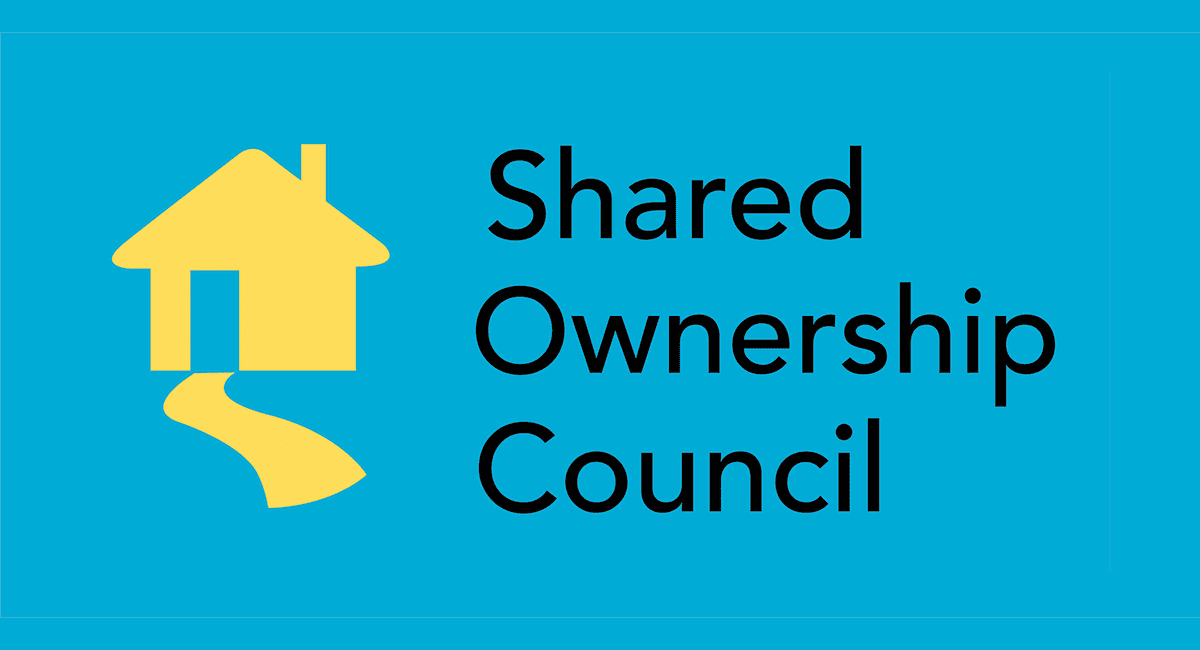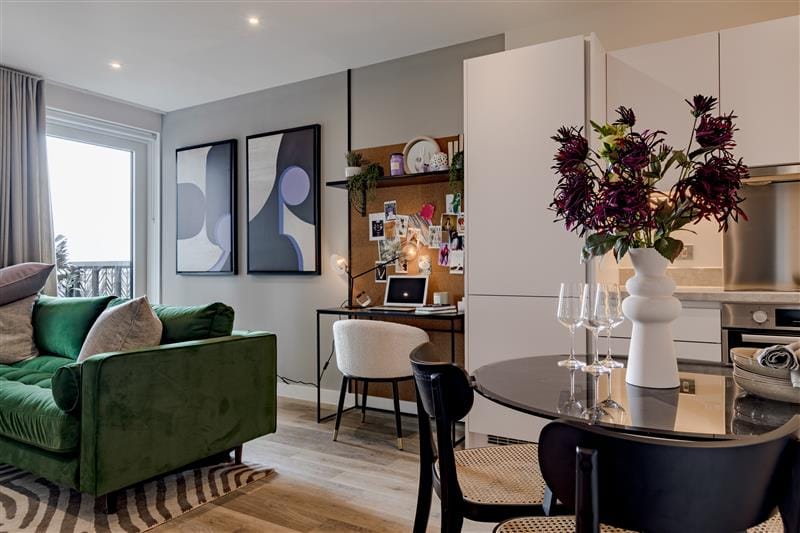Update on the Shared Ownership Code

Shared Ownership Code set for launch after national consultation draws responses from 1,700 consumers along with leading lenders and housing providers
A new Shared Ownership Code aimed at driving better experiences for shared owners and best practice across the industry is set for launch after a nationwide consultation returned broad support for the initiative.
The launch of the Shared Ownership Code follows an extensive consultation process that included a consumer survey of more than 1,700 current and prospective shared owners, regional consumer focus groups, and a survey completed by 50 industry bodies, including nearly 30 housing providers. The consumer survey revealed that half of those surveyed believe a Code would drive better outcomes for shared owners, and that just one in three people are happy with their experiences in Shared Ownership to date – albeit with people in houses saying they are more satisfied than those in flats.
This has resulted in changes to the initial draft of the Code, which will now be tested during a pilot phase with eight housing providers from December 2024 to March 2025.
The Code is stewarded by the Shared Ownership Council, a voluntary cross-industry body set up to drive improvements to the shared owner experience and unlock a better and bigger Shared Ownership market. 27 housing providers and financial institutions have so far backed the council, including Lloyds Bank, Leeds Building Society and Newbury Building Society, along with housing associations and Shared Ownership specialists including L&Q, LiveWest, Platform, L&G Affordable Homes, Heylo and Clarion.
Shared Ownership – where people buy a share of the property and pay rent to a landlord on the rest – was launched by UK government back in 1980 as a way for people to take their first step on the housing ladder. There are now more than 200,000 households living in a Shared Ownership home in England. While Shared Ownership works well for some, there have been a number of cases where people have felt misinformed about the product, or where fees and charges have left them in difficulty.
The Code has been designed to intersect with existing regulations and legal requirements, while asking more of lenders and providers – especially around transparency and service quality. The latest consultation considered feedback on customer issues such as the sales process, clarity of information, service charges and lease extensions. Meanwhile the industry fed back on refundable fees and discounted service charges. The resulting Code includes requirements around defects, fees, service charges, lease extensions and staff training. It is also underpinned by six principles, which include clarity of information, costs and polices, and how providers deal with service requests and complaints.
Housing providers participating in the pilot programme include Clarion, Heylo, L&Q, LiveWest and SNG. During this phase, the Council will work closely in partnership with the pilot participants to fine-tune implementation. This in turn will help pave the way for the Council’s broader industry launch of the Code in Spring 2025.
The Council is calling on housing providers interested in the Code to get in touch and to join the initiative.
Key consultation findings:
- 50% of consumer survey respondents agreed the Code will improve outcomes for consumers.
- 75% of industry respondents agreed that the Code would improve outcomes for consumers.
- Overall, 37% of shared owners and former shared owners said they were satisfied with the service provided by their landlord*. This compares with the recently published 2023-24 Tenant Satisfaction Measures report which said 49.5% of shared owners are satisfied.
- Shared Ownership satisfaction decreased for shared owners after the first year.
- 21% of consumers said they would recommend Shared Ownership to a friend.
- Shared owners in houses were significantly more satisfied than those in flats.
Ann Santry, CBE Chair of Shared Ownership Council, said: “We believe Shared Ownership has an important role to play in addressing housing needs and helping people start their home ownership journey. In saying this, we also understand that there are challenges with the product which must be addressed. Our aim is that the Code will help raise standards, working in the interests of both customers and providers alike so we can unlock a better and bigger shared ownership market. While the Code marks a significant step toward ensuring all those who enter Shared Ownership have the experience they expect, we understand that it cannot address all the challenges that shared owners face. Broader reforms, including legislative support, remain essential to achieving further lasting improvements in Shared Ownership.”
Paula Higgins, chief executive of The HomeOwners Alliance, and board member of the Shared Ownership Council, said: “For this Code to have credibility and to make a real difference to make Shared Ownership better and fairer for all, there needs to be buy in from shared owners. That’s why we are grateful that more than 1,700 people contributed to our consultation. The Code is the first step in the journey to make Shared Ownership better and fairer to all by setting the minimum standard and building on the best practice we know is out there.”
Kate Henderson, chief executive of the National Housing Federation, said: “Shared Ownership is helping thousands of people get onto the housing ladder and is an essential part of the housing mix we’d like to see in the government’s upcoming housing strategy. But I also recognise the problems some shared owners have had to face – and the need for our sector, and the wider market, to respond. That’s why the NHF are fully behind this important cross-industry effort to launch a Shared Ownership Code that works in the best interests of shared owners, while supporting the industry to deliver an excellent product that speaks to its purpose of delivering affordable, secure homes for as many people as possible.”
Gavin Smart, chief executive of the Chartered Institute of Housing, said: “Shared Ownership is a valuable tenure that provides an important option to households unlikely to qualify for social rented housing, but who are locked out of traditional homeownership by high house prices and affordability. The Shared Ownership Code is a very welcome development and will help to give shared owners and potential shared owners confidence that their Shared Ownership purchase will be well managed and that their ongoing relationship with their Shared Ownership landlords will be transparent, fair and well run.”
Jamie Ratcliff, Chair of the Shared Ownership Council’s advisory group and Chief Communities & Sustainability Officer, SNG, said: “Shared Ownership has provided a valuable route to securing a home for hundreds of thousands of households over the last 40 years and has an important future underpinning increased housing supply towards the Government’s milestone to build 1.5 million homes in England over the course of this parliament. Nonetheless, both the consultation and published levels of shared owner satisfaction across the sector make it clear that there are elements of the shared owner experience which are not yet consistently good enough. These must be addressed. I’m confident that this Code is a positive first step to improve the experience of current and future shared owners and will also help the market to evolve and grow.”
In the new year, the Council will also be looking to launch a Code for lenders and mortgage intermediaries, alongside further pilots with those organisations.
Full details of the Code and the consultation reports can be found via this link, which includes the Shared Ownership Code, the Consultation Report, and the Consumer Survey Findings.

